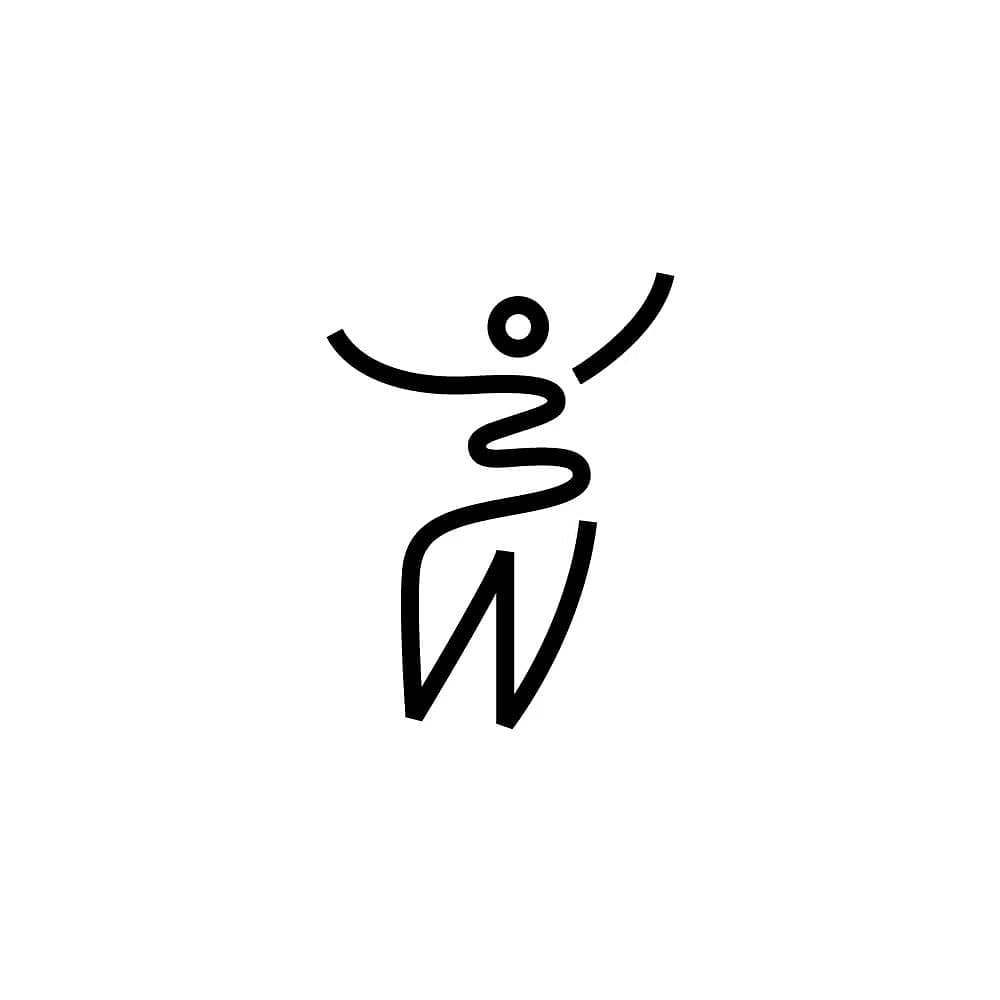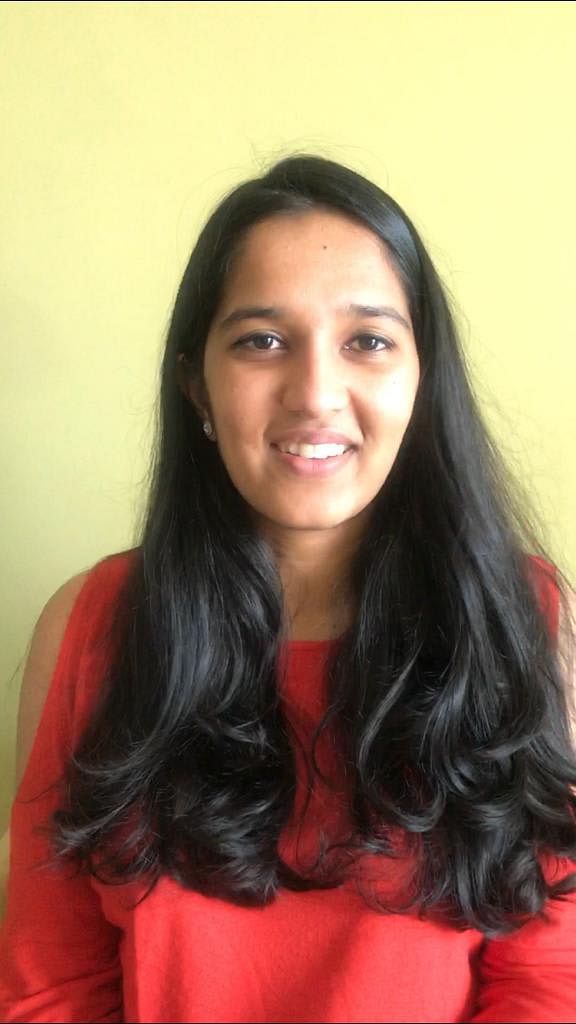12 Indian Home Remedies for Dandruff: Easy Dandruff Treatments at Home
Looking to treat dandruff at home? Here are some remedies that will help you solve dandruff fast, using : coconut oil, camphor, lemon, curd & more.

Dandruff doesn't seem like a big deal until you realise how much it’s affecting your hair. Did you know that all the dandruff-induced itching causes hair fall?
Yes, it’s true. That’s why you need to fight dandruff powerfully and effectively, so that it never returns. Don't have time for expensive hair spas and treatment? Need a dandruff solution at home? Here are some natural dandruff treatment remedies that can help you get rid of those embarrassing white flakes! Try these anti-dandruff home remedies today!
Home Remedies For Dandruff
Lemon Juice for dandruff
Citrus fruits like lemons are high in vitamin C, which helps protect cells from damage. Lemon juice has thus been used for its health benefits for around hundreds of years for dandruff treatment at home.
Lemon juice one of the best ways to get rid of dandruff as it contains Vitamin C, citric acid, flavonoid, and iron – nutrients that are vital for healthy and dandruff-free hair.
Citric acid balances the pH level of the scalp, and even strengthens the hair follicles. The Vitamin C present in lemons has antioxidant properties that allow collagen production to help repair damaged skin cells. It is also very easy to make lemon juice, so it is definitely worth giving lemon juice a shot.
Curd (Yoghurt) for dandruff
Curd, or Dahi, is a traditional yogurt or fermented milk product, originating from the Indian subcontinent. It is sometimes referred to as “homemade yoghurt” in the Western world.
Research suggests that curd has anti-inflammatory properties and anti-bacterial properties that makes it a natural anti-dandruff product and one of the most popular dandruff home remedies. There are many different methods in which you can apply curd to your hair, including combining it with other substances such as lemon juice or aloe vera. It is also easy to find at a local grocery store, making it an accessible option of treatment.
Aloe Vera for Dandruff
Aloe vera is historically one of the oldest mentioned plants for its medicinal properties and health benefits. The Ancient Chinese and Egyptians used aloe vera to treat burns and reduce fever. Cleopatra allegedly used aloe vera in her daily skin treatments. Aloe vera is medicinally beneficial as it can reduce destructive toxins, increase absorption of nutrients, and even assist antioxidant support. Aloe vera has achieved great commercial and medicinal success in both the ancient and modern world.
Using Aloe vera is an excellent way to remove dandruff at home. It has anti-itching properties that relieve scalp irritation, and its antifungal properties can reduce the flakes on your scalp. It also contains enzymes that help reduce burning or inflammation. Aloe vera gel can be applied alone or with combinations of other solutions such as lemon juice or coconut oil to fight dandruff.
Coconut oil for Dandruff
Coconuts were first cultivated in India along the Malabar Coast. The history of coconut oil is as old as 4000 years; humans have been using coconut oil for many thousands of years for its health and nutritional value. Indian Ayurvedic medicine dated from 1500BC has documented the use of coconut oil in areas concerning the mind, body and spirit. The unique combination of fatty acids in coconut oil has benefits such as assisting in loss of excess fat, maintaining heart health, and brain function.
Coconut Oil is packed with vitamins and minerals that will help remove dandruff. It has both antifungal and antibacterial properties that will moisturize dry hair. We recommend that you use pure oil, as the purer the oil ( virgin coconut oil) is, the more effective the treatment will likely be. It can also treat eczema, which is sometimes caused by dandruff. Coconut oil or virgin coconut oil can be bought at your local health store.
Camphor for Dandruff
Camphor has been used in traditional medicine over centuries, especially in the form of a decongestant. Camphor helps control dandruff because of its antimicrobial properties. It also prevents microbial growth on the scalp.
Camphor can be used as a natural remedy for dandruff. It can also help treat and reduce hair fall. Camphor increases the blood flow and acts as a counterirritant to an irritated and itchy scalp.
It also has antibacterial and antifungal properties, making it an effective means of removing dandruff and reducing your hair fall. It serves as a natural moisturiser for a dehydrated scalp, making it a well-known home remedy for a dry scalp. Camphor can be combined with coconut oil or used on its own in order to treat dandruff.
Also Read: Camphor and Coconut Oil for Dandruff
Apple Cider Vinegar (ACV) for Dandruff
Apple cider vinegar is made from fermented apple juice. It has been traditionally used for its health benefits, and it is generally easy to make and consume. It gives your hair extra shine and makes it feel smooth and silky, making it apt against dandruff.
Apple cider vinegar is another effective home remedy for dandruff and an itchy scalp. It has acetic acid that helps in balancing the PH level of your scalp. It also helps in getting rid of all the product build-ups on your scalp. ACV rinse is easy to inculcate as a part of your hair care regime. Just add a tablespoon of ACV to water and rinse your hair with it after you’ve shampooed and conditioned your hair, and then observe the results.
Neem for Dandruff
“The free tree of India”, neem has been used throughout history by humankind for its health and medicinal benefits. Neem can be used in the form of an oil, or you could chew the leaves instead. It is available at every local store, and can even be grown in your own backyard, making it a perfect method of home treatment.
Neem has anti-bacterial and anti-microbial properties that make is a popular dandruff removal home remedy. Neem helps with numerous different skin ailments apart from dandruff. A neem paste mixed with some curd can provide your scalp with the much needed soothing effect and relief from dandruff.
Ginger Oil for Dandruff
The Indians and the Chinese allegedly produced ginger as a tonic root for over 5000 years, using it to treat an assortment of ailments. Ginger has a variety of strong therapeutic and preventive effects and has been used for thousands of years, making it a reliable and safe option for dandruff home treatment.
Ginger is one of the oldest and most tested Indian dandruff home remedies. Ginger oil acts as a natural cleanser and helps to curb the itchiness on the scalp. As a cleanser, it keeps the fungal bacteria at bay and eradicates dandruff. It is also an easily retrievable ingredient at any store near you, making it an accessible and convenient option.
Tea Tree Oil for Dandruff
Tea tree oil was first extracted in Australia. The tea tree oil industry originated in the 1920s when an Australian named Arthur Penfold reported that tea tree oil had promise as a medicinal oil, as it exhibited antiseptic properties.
Tea tree oil (melaleuca oil) has both anti-inflammatory and anti-fungal properties that can help with dandruff. Its soothing properties provide some relief from the constant itching and the white flakes on the scalp. Add around 5 drops of tea tree oil to coconut oil or olive oil and massage onto your scalp to expect results.
Baking Soda for Dandruff
Baking soda is believed to help clean the scalp and get rid of dandruff flakes.
Using baking soda for dandruff and hair has several benefits:
- Baking soda is known to absorb the excess sebum produced by the scalp. It also helps wash off the grease and oil on the scalp that is the main culprit of dandruff.
- Baking soda has antifungal properties. This helps get rid of bacteria that cause dandruff or the flaking by chewing on the oil of the scalp.
- Using baking soda may also help calm the scalp resulting in a decrease in oil production. This may be because it balances the pH of the scalp.
Multani Mitti for Dandruff
Multani Mitti is a popular household remedy to treat hair loss due to damage and unclean scalp. Multani mitti helps clearing your scalp off dirt, grime and excess oil with its many elements like Alumina, Silica and Iron. The presence of these ingredients make it a suitable remedy for hair and dandruff.
The mild scrubbing properties of this ingredient can remove the dead and dry skin, to pave the way for new hair growth. It also detoxifies your scalp cells to improve better absorption of nutrients and lower the chances of dandruff, eczema and other infections. Multani mitti is one of the best home remedies for dandruff.
To use Multani Mitti for Dandruff just mix the mitti with water until you get a consistency suitable to be applied on the scalp. Apply this evenly and leave it on for about thirty minutes before washing it off.
Aspirin to fight dandruff
Another best way to remove dandruff is to use an aspirin. Although, this isn’t a natural remedy in the technical sense, taking into account that it is readily accessible at home- This could well be added to the list. Aspirin is known to have salicylic acid- an ingredient most commonly found in shampoos.
The readily available Aspirin is an excellent home remedy for dandruff and hair fall. Crush and powder two Aspirins into a fine powder and add it to your regular shampoo. Shampoo your hair with this mixture and rinse after two to three minutes. Naturally available ayurvedic herbs and oils can also help control dandruff. Be sure to check out the list of Oils for Dandruff.
Consistency with your hair regime and correct usage of home made remedies for dandruff is the path to cure dandruff permanently.
References
J.J. Patel, Bency Antony Kathayat (2018) Antibacterial Activity of ‘Dahi’ Prepared from Dairy Industry, Cottage and House Hold against Food Borne Pathogens (International Journal of Current Microbiology and Applied Sciences) https://www.ijcmas.com/7-1-2018/J.J. Patel, et al.pdf

